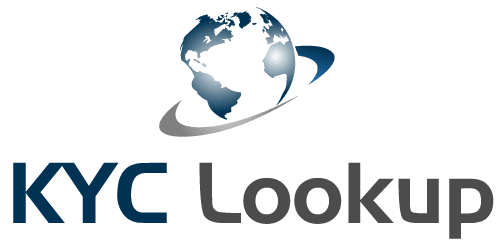29 Aug Bribery and Corruption The Crucial Role of Corporate Compliance
Bribery and corruption are age-old problems that have plagued societies, governments, and businesses for centuries. They undermine the very fabric of a fair and just society, compromising the rule of law and eroding trust in institutions. In recent years, the fight against bribery and corruption has gained significant momentum, with businesses and governments worldwide recognising the importance of robust anti-corruption compliance programs.
This article we look into the significance of anti-corruption compliance and how it serves as a crucial tool in the battle against corrupt practices.
Understanding Bribery and Corruption
Bribery, defined as the act of giving or receiving something of value to influence a person’s actions or decisions, can take various forms, including cash, gifts, favours, or kickbacks. Corruption, on the other hand, involves the abuse of power or position for personal gain or the benefit of others. Both bribery and corruption pose significant threats to fair competition, economic development, and social well-being.
The Toll of Bribery and Corruption
The consequences of bribery and corruption are far-reaching. On the economic front, corrupt practices distort market mechanisms, divert resources from productive uses, and discourage foreign investment. In the public sector, corruption can lead to the misallocation of funds and hinder the delivery of essential services, such as healthcare and education. Moreover, corruption exacerbates poverty and inequality, leaving the most vulnerable populations to suffer the most.
The Role of Anti-Corruption Compliance
Anti-corruption compliance refers to a set of measures and procedures implemented by organisations to detect, prevent, and address corrupt practices within their ranks. These compliance programs are essential tools for businesses and institutions to safeguard their reputation, protect their assets, and ensure legal and ethical conduct.
Prevention: The first line of defence against bribery and corruption is prevention. An effective anti-corruption compliance program establishes clear guidelines and policies that define acceptable behaviour and explicitly forbid corrupt practices. It provides employees with the knowledge and understanding of what constitutes bribery and corruption, thereby fostering a culture of integrity.
Detection: Regular risk assessments and internal controls enable organisations to identify potential vulnerabilities to bribery and corruption. By implementing transparent financial reporting systems and conducting due diligence on business partners and clients, companies can minimise exposure to corrupt individuals and entities.
Reporting and Whistleblower Protection: Encouraging employees to report suspected cases of bribery or corruption is vital. Anonymity and protection for whistleblowers must be assured to create an environment where individuals feel safe to come forward with information. These reports can help initiate investigations and mitigate the damage caused by corrupt practices.
Training and Education: Continuous training and education on anti-corruption policies and regulations are crucial to ensure that all employees are aware of their responsibilities and the consequences of non-compliance. Regular training sessions also serve as a reminder of the organisation’s commitment to ethical conduct.
Response and Remediation: In the event that bribery or corruption is discovered, an effective anti-corruption compliance program will facilitate prompt and appropriate responses. This may include disciplinary actions, corrective measures, and cooperation with law enforcement authorities during investigations.
To conclude, bribery and corruption continue to be significant obstacles to social progress, economic development, and global stability. The implementation of strong anti-corruption compliance programs is not just a legal obligation but a moral imperative for organisations and governments alike. By prioritising ethical behaviour, transparency, and accountability, businesses can contribute to a fairer and more equitable world. The fight against corruption is ongoing, and only through a collective effort can we hope to create a future free from the shadows of bribery and corruption.



No Comments